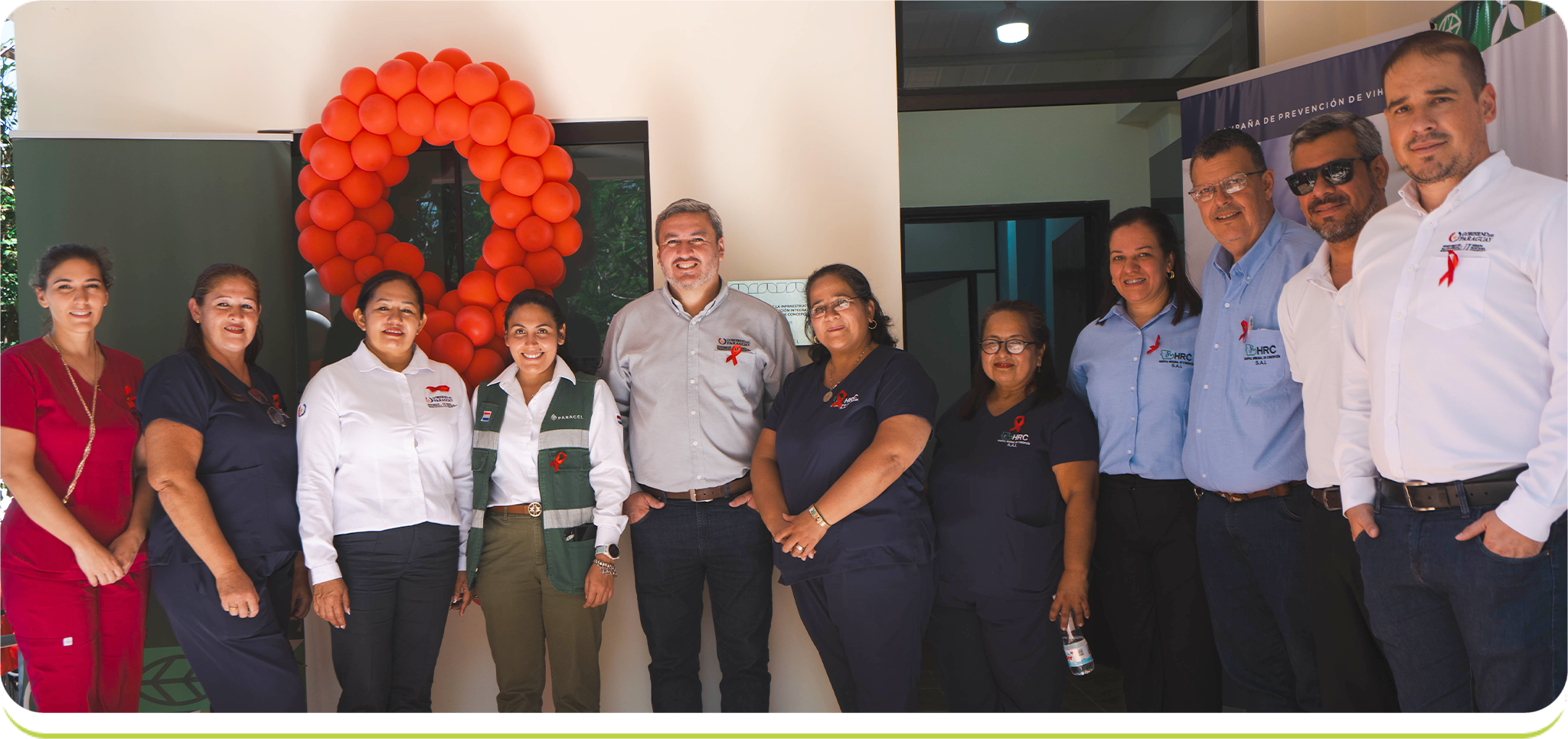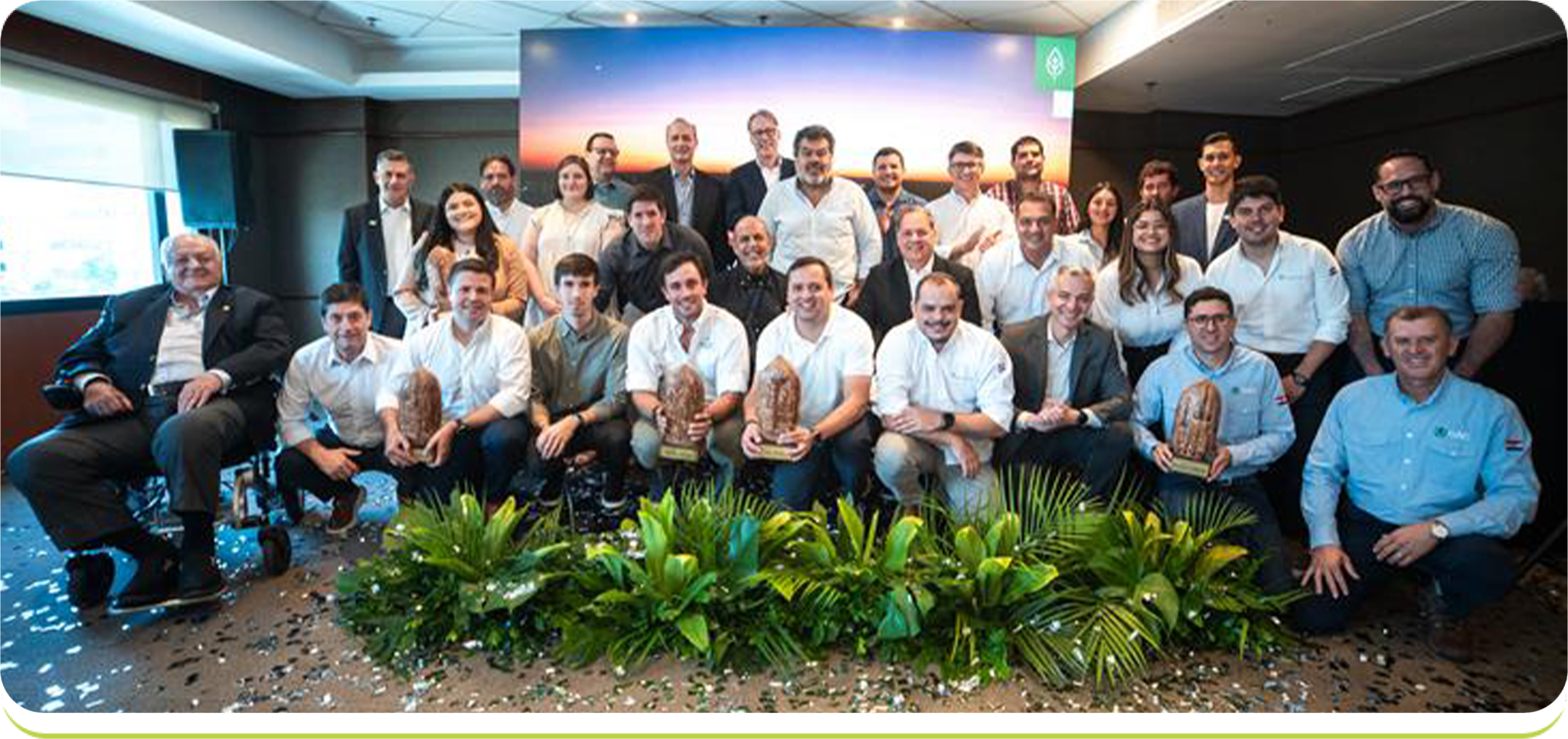Charting a new story in Paraguay
Learn Our Story$
2,9
MM
Industrial plant investment

1.800.000
Tn
Annual pulp production

5.970.372
m³
Earth moved as of April 2025

220
MW
Electricity production

203.515
Ha
Own land in the forestry component
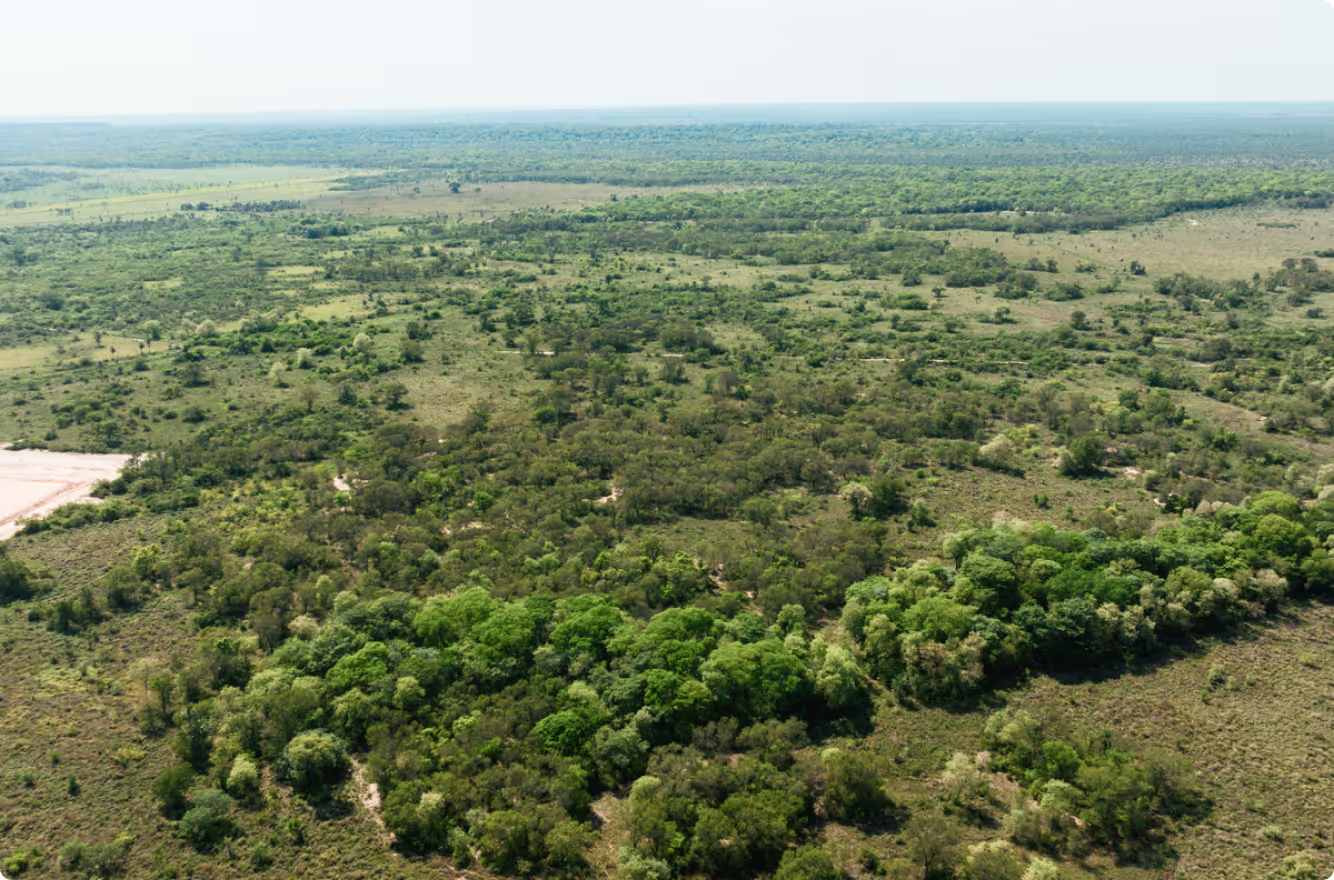
23.131
Ha
In signed contracts in the Forestry Promotion Program

1.207
Direct jobs in forestry, industrial, and logistics components
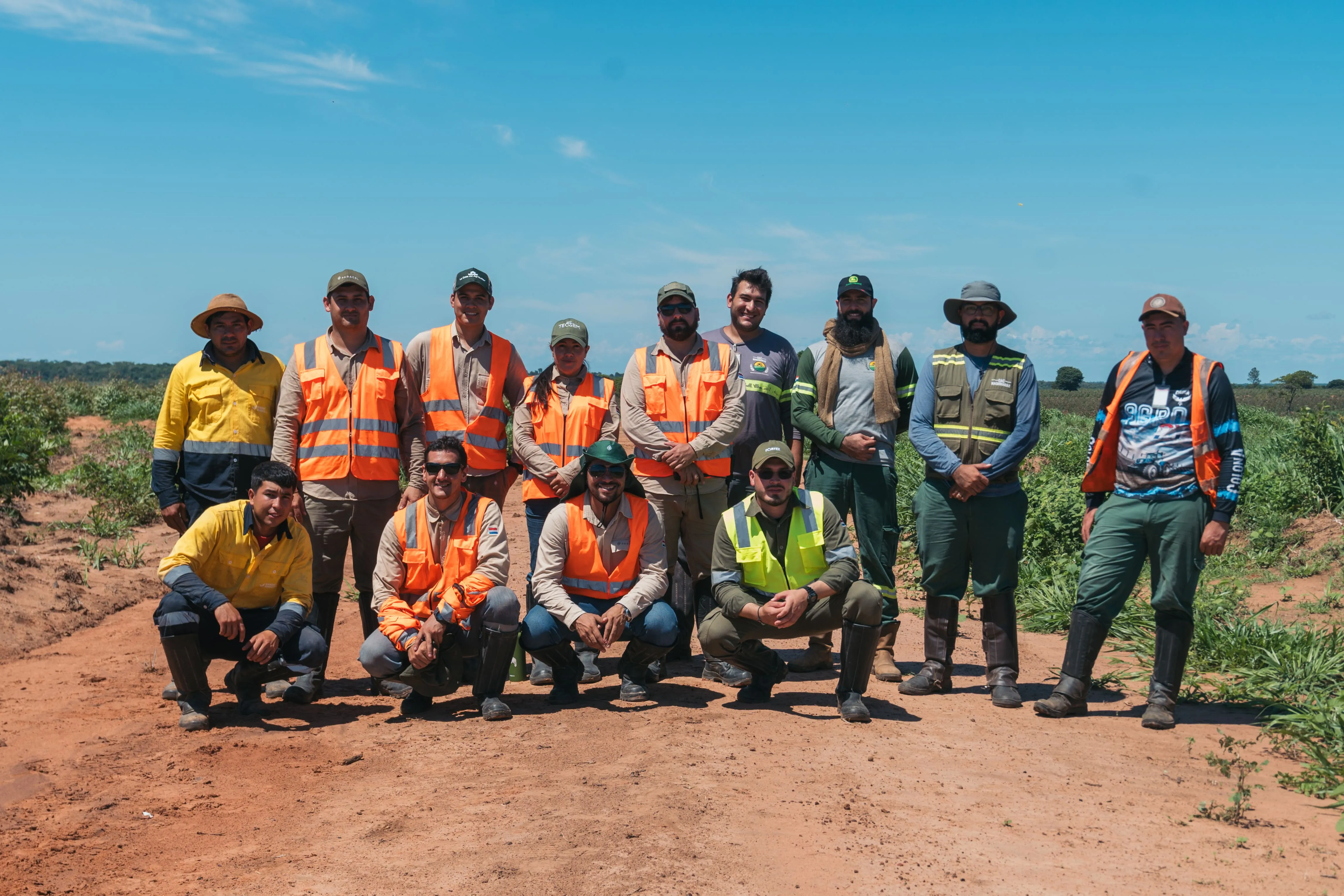
81.204
Ha
Planted as of April 2025


Net Biodiversity Gain Strategy
Paracel’s Net Biodiversity Gain Strategy aims to improve the state of biodiversity within its area of influence, compared to what would have occurred in this landscape without the presence of the company.
Para lograr la Ganancia Neta en Biodiversidad, Paracel ha establecido aproximadamente 82.000 hectáreas de conservación, en un paisaje que se presenta en mosaico con la producción forestal.



Responsible Growth and Social Commitment
At Paracel, we align our operations with the Sustainable Development Goals, generating jobs, promoting social well-being, and fostering the development of the region and the country. We are committed to generating a positive and lasting impact in Paraguay.
Our Social CommitmentForestry Development Program
Paracel's Forestry Promotion Program aims to boost sustainable wood production and strengthen the local economy. Through partnerships with producers, we provide business opportunities that promote sustainable development in the region.

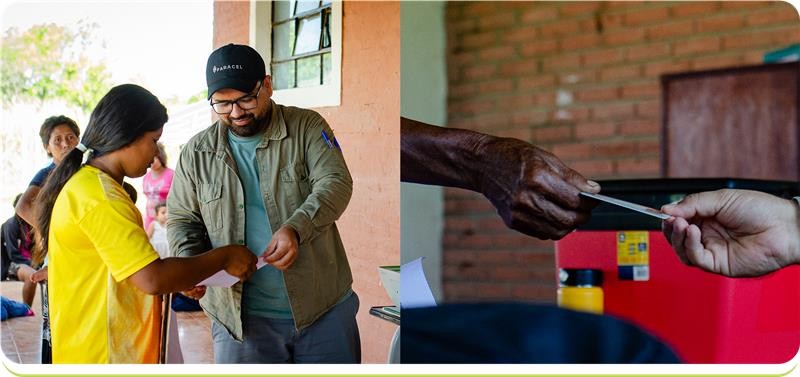
Paracel promotes identification days for indigenous communities in Amambay and Concepción
Paracel financed and coordinated the identification days with 12 indigenous communities in the company's area of influence, in the departments of Amambay and Concepción.




.png)
